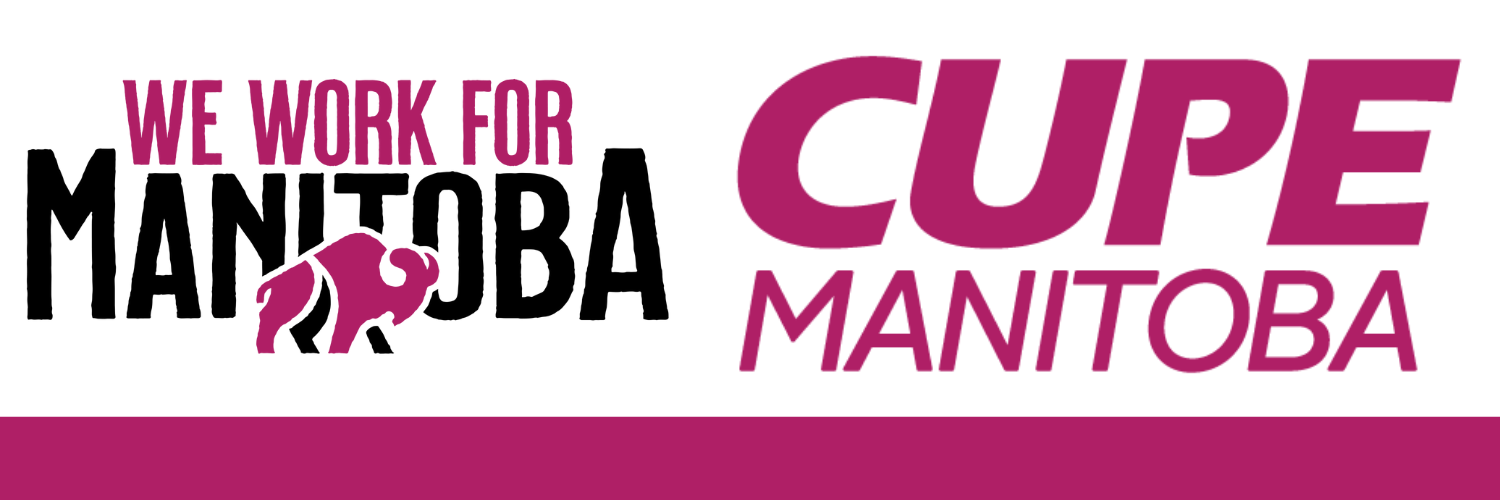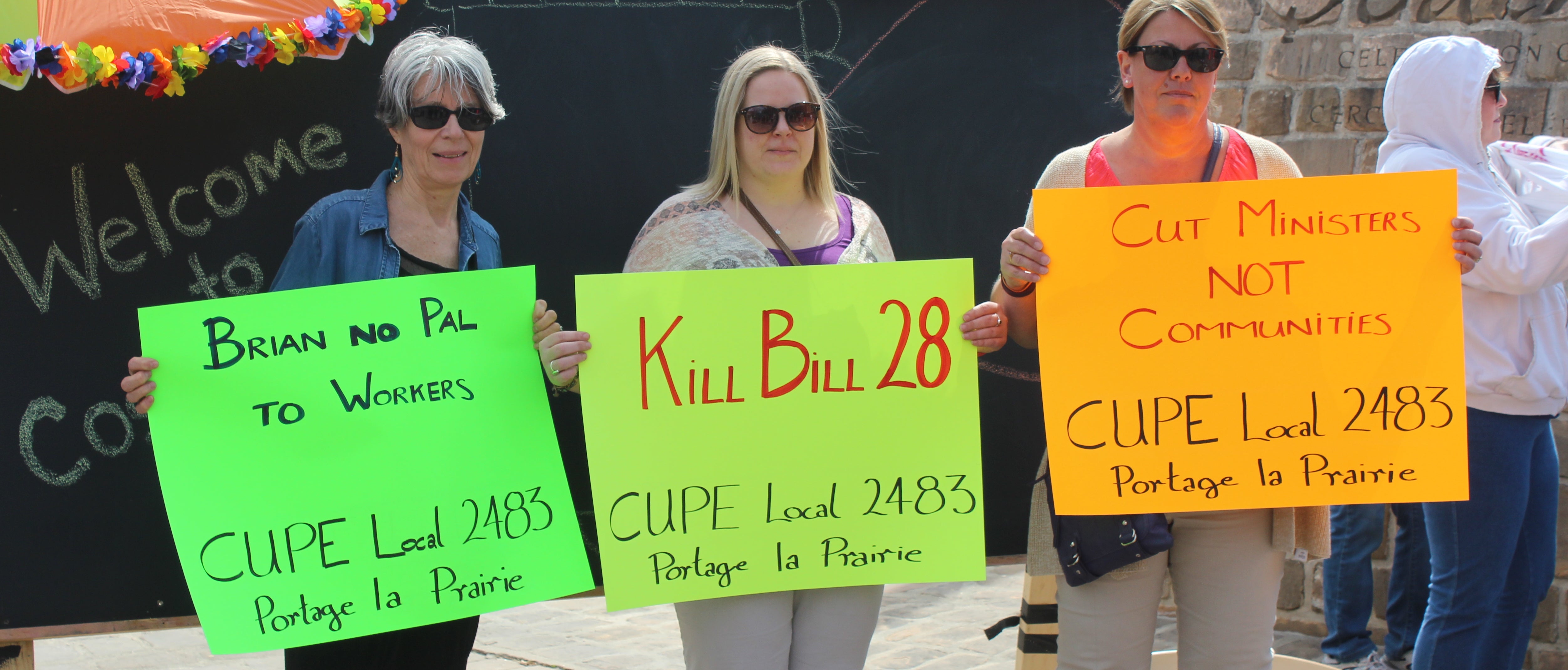On October 7th the Pallister government introduced Bill 2, an amendment to the current Public Services Sustainability Act, commonly known as the “wage freeze” Bill.
The government continues to limit wage increases through legislation, as well as other monetary items that would otherwise be negotiated through free collective bargaining.
“This legislation continues to interfere in free collective bargaining, by legislating wage limits, rather than allowing employers and workers to negotiate”, says Gord Delbridge, President of CUPE Manitoba, the province’s largest union and partner in the multi-union group currently challenging the government in court.
“Why is this government so afraid of getting to the bargaining table and negotiating a fair deal?”
Amendments to the act gives government more authority to make decisions behind the closed door of the Cabinet table, rather than through meaningfully at the bargaining table.
“Rather than coming to the table and participating in traditional negotiations, which have seen thousands of successful contracts bargained between employers and unions in Manitoba over numerous governments, the Pallister government continues to come up with new confusing schemes”, said Delbridge.
“This new act doesn’t make bargaining easier for anyone, and continues to be unfair and unconstitutional”.
Notes:
- The Public Services Sustainability Act has not yet been enacted.
- Amendments to the act include potentially shortening the “sustainability period”, but also create numerous limitations and barriers for that to happen.
- The Act could also undermine current awards determined by arbitration, as well as provides authority to the Minister to interfere with tentative agreements between employers and unions.
- The amendments to this act do not address union concerns about free and democratic collective bargaining.
- Government says that this will make collective bargaining more flexible – but in reality, it provides further restrictions and attempts to control the outcome.

